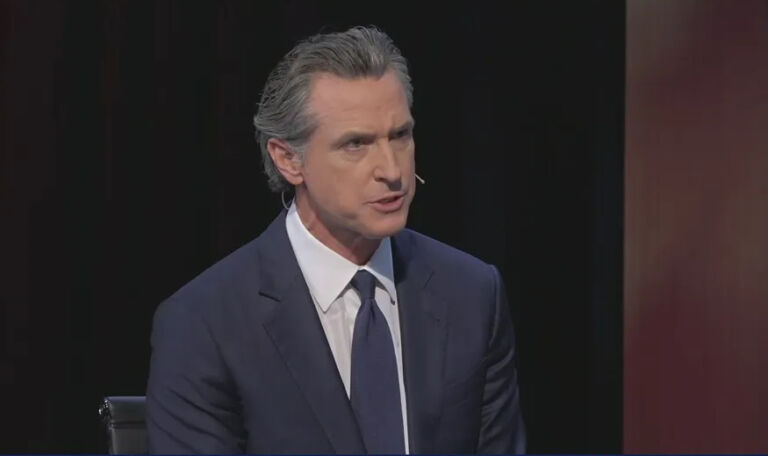The state of North Carolina levies differing forms of price regulations on a range of what would otherwise be free-market activities. These include controls on wages, gasoline, interest rates, and an unspecified number of prices during disasters and states of emergency. The purpose of this paper is to explain why a free and flexible price system is so important to both social order and the efficient allocation of goods, services, and resources in a free society. Particular emphasis will be placed on North Carolina’s laws meant to regulate prices and the negative effect that these regulations have on both markets and the well-being of the citizens of the state.
by Dr. Roy Cordato
Senior Economist Emeritus

